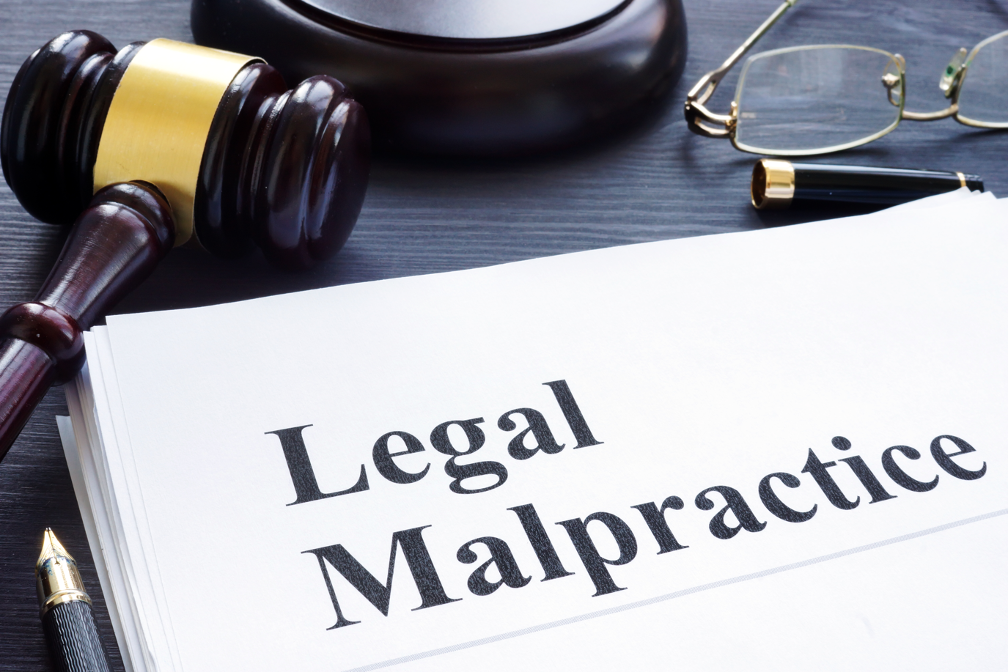When filing a personal injury case in Lakeland, Florida, one of the most critical aspects is proving negligence. And to successfully prove negligence, four key elements must be present — duty of care, breach of duty, causation, and damages.
Below, we are going to explore each of these elements in detail to help you understand how a negligence lawyer in Lakeland, Florida can bring them all together to form a solid case on your behalf.
The Duty of Care
To prove negligence in a personal injury case, your lawyer must first establish that the defendant owed you a duty of care. A duty of care is an obligation to take reasonable steps to protect another from foreseeable harm. This can include various activities, such as driving safely or providing medical care.
The level of care expected of someone will depend on the relationship between the parties involved and the circumstances at hand. For example, doctors have a higher standard of care than most other people when it comes to providing medical care. Likewise, a shopkeeper has a duty of care to warn customers of any dangers present in the store, such as a slippery floor.
Breach of Duty
To prove negligence in a personal injury case in Florida, your negligence lawyer in Lakeland, Florida must also show that the defendant breached their duty of care. This means that the defendant failed to act with the same level of care that a reasonable person would have in similar circumstances.
For instance, if a driver runs a red light and causes an accident, this could be seen as a breach of their duty to drive safely.
Causation
Causation is the connection between a defendant’s breach of duty and the plaintiff’s injury. To prove causation, your negligence lawyer in Lakeland, Florida must show that your injury would not have happened if it were not for the defendant’s breach of duty. They must also prove that the defendant’s breach of duty was the proximate cause of the injury. Proximate cause is defined as the chain of events that directly led to the injury.
The evidence your lawyer can use to prove that your injury was a direct result of the defendant’s negligence might include medical records, witness statements, photographs, videos, and other documents. Additionally, expert testimony may be used to establish causation in some cases.
Damages
Damages refer to the amount of compensation an injured party can receive from a successful personal injury claim. There are two types of damages available in a personal injury case—economic and non-economic damages.
Economic damages refer to any costs associated with the injury that can be quantified in monetary terms, such as medical expenses, lost wages, property damage, and other out-of-pocket costs. Non-economic damages refer to any losses that cannot be quantified in monetary terms, such as pain and suffering, emotional distress, and loss of consortium.
It is important to note that the total amount of damages awarded will depend on the severity of the injury and the extent of the losses suffered by the plaintiff. Therefore, it is vital for those pursuing a personal injury claim to understand their rights and the types of damages available to them. An experienced negligence lawyer in Lakeland, Florida can help with that.
Looking for the Most Trusted Negligence Lawyer in Lakeland, Florida?
Personal injury cases can be complex, and proving negligence is a critical part of the process. Understanding the four key elements of negligence — duty of care, breach of duty, causation, and damages — is essential to successfully demonstrating fault and recovering compensation.
Are you ready to partner with a reputable negligence lawyer in Lakeland, Florida that can help you recover the compensation you deserve? If so, look no further than Tonya Stewart and her legal team at Tonya Stewart Law PA. Contact us today at (863) 279-4473 to schedule a free consultation.
